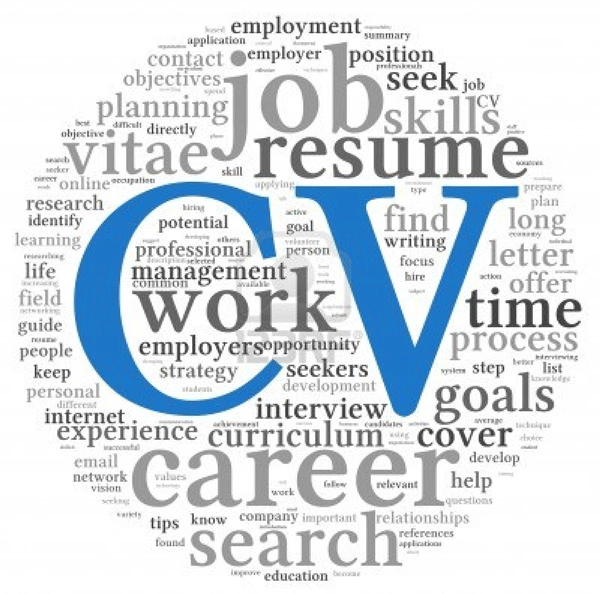How is it that one document causes so much angst and stress in its creation? Perhaps it's because that one document plays such an important role in our futures. It seems unfair that all of our potential, at times, rides on something as thin as a sheet of paper. The curriculum vitae continually forces us to re-evaluate ourselves and ask the tough question, “What have I accomplished?”
It is important to keep your CV up-to-date by recording experiences and honors as they come; each achievement can help to build a more solid record. Just as importantly, documenting certain things may weaken a CV, and we need to know which are not appropriate.
Think back to that first draft, before ERAS, maybe even before medical school. I remember the feeling of sitting down to the daunting task of regurgitating all of my experiences and compiling them into one cohesive statement. How can you really summarize everything about you in order to impress an individual whom you've never met and maybe never will? Many of our talented EMRA members have accumulated numerous experiences and accolades since medical school, potentially making for even better curricula. But self-evaluation can be difficult – and so can self-promotion. Looking back to when I first created my own CV, I know that more direction would have been beneficial.
It is inherent in our profession to always be looking ahead. As soon as we have accomplished one task, it seems a new one is staring us in the face. Shaping and molding your CV will perpetually be on the to-do list. It is important to keep your CV up-to-date by recording experiences and honors as they come; each achievement can help to build a more solid record. Just as importantly, documenting certain things may weaken a CV, and we need to know which are not appropriate.
We have all heard stories about those CVs that were placed in the “reject” pile. Reasons for rejection can vary: editing errors, too long, too short, not enough experience, no leadership skills, doesn't stand out, etc. As residents, how can we create that elusive perfect CV that avoids ending up in the recycling bin? Here are a few recommendations:
Go back to the basics.
As tedious as it sounds, make sure your CV follows accepted formats. Employers are accustomed to seeing things laid out in a consistent way. Formatting that is difficult to decipher causes the reader to lose attention and moves your name further down the list. Before you send it off to your future boss, have it PROOFREAD multiple times. It still astounds me how many editing mistakes I have after proofing my own documents. Do yourself a favor; have another set of eyes take a look. To help you through the basic process, multiple online and print sources provide visual examples and written instructions. EMRA's Career Planning Guide for Emergency Medicine has a chapter on how to build and write your CV and is a great resource for residents who are looking for more direction.
Leadership experience.
There are many ways to strengthen your leadership skills. In the last issue of EM Resident, our president, Dr. Jordan Celeste, gave a fantastic summary on the opportunities EMRA provides its members. There are always leadership openings for residents through state ACEP chapters. Roles on hospital committees and within the house staff also provide good leadership experience.
Research.
Research or a “scholarly activity” is required to graduate from residency, so all EM residents will have something to add to this area. An article from Dr. Jessica Best in the December issue of EM Resident presented the challenges of obtaining an academic position. For those with specific career goals, actively pursuing more extensive leadership experiences is always a plus.
Advocacy.
Being involved in advocacy will help you gain an understanding of the issues and challenges affecting our practice environment and will allow you to develop skills that employers value. EMRA has produced the Emergency Medicine Advocacy Handbook, which offers a basic understanding of advocacy. It is available for free download on the EMRA website. For those looking for even more advocacy exposure, ACEP's Leadership and Advocacy conference is consistently member-rated as one of the most beneficial conferences of the year. This year's conference immediately follows the SAEM annual meeting and takes place at the Omni Shoreham in Washington, D.C. Come learn and explore advocacy with your peers, and help to make a difference in emergency medicine.
We are lucky to be in a profession where our skills are still in high demand. Crafting a professional and honest CV is an important skill and often the first point of contact with your future employer. Hopefully some of these suggestions will help get your CV ready to land you that position you have always wanted.



